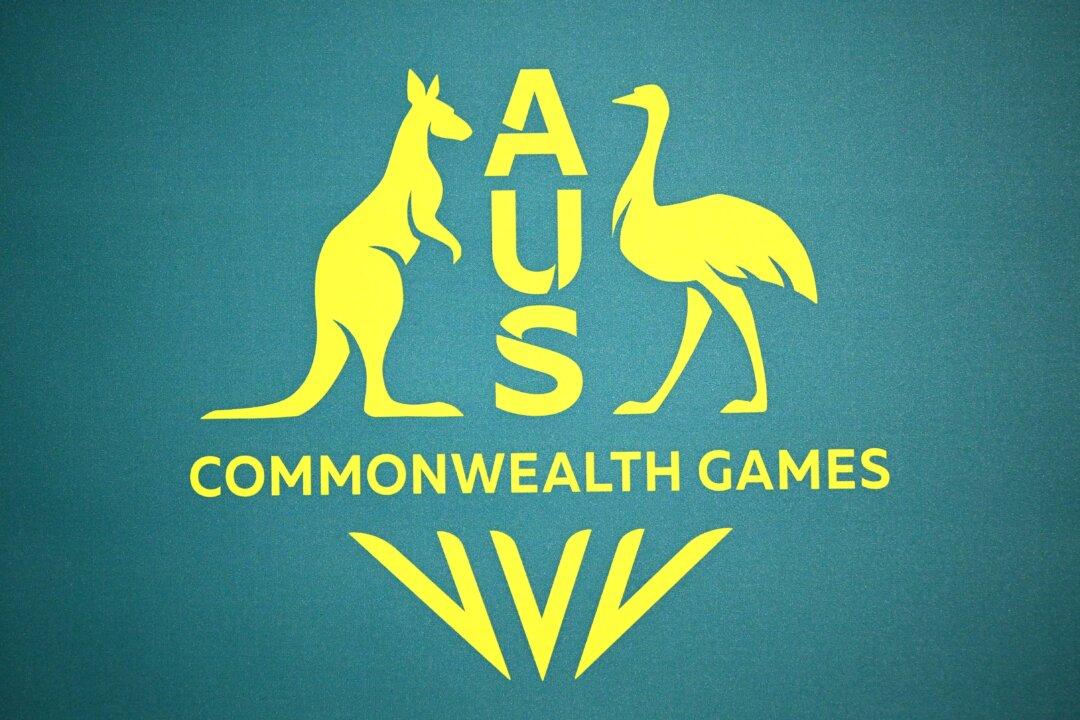A new report by the competition regulator reveals that many Australian social media influencers’ posts have been found to be potentially misleading.
The Australian Competition and Consumer Commission (ACCC) noted in its March 2023 Digital Platforms Services Inquiry report (pdf), released on April 28, that a range of potentially harmful practices occurred to consumers and small businesses on social media platforms. The report followed the ACCC receiving over 150 tip-offs from consumers about potentially misleading posts.





